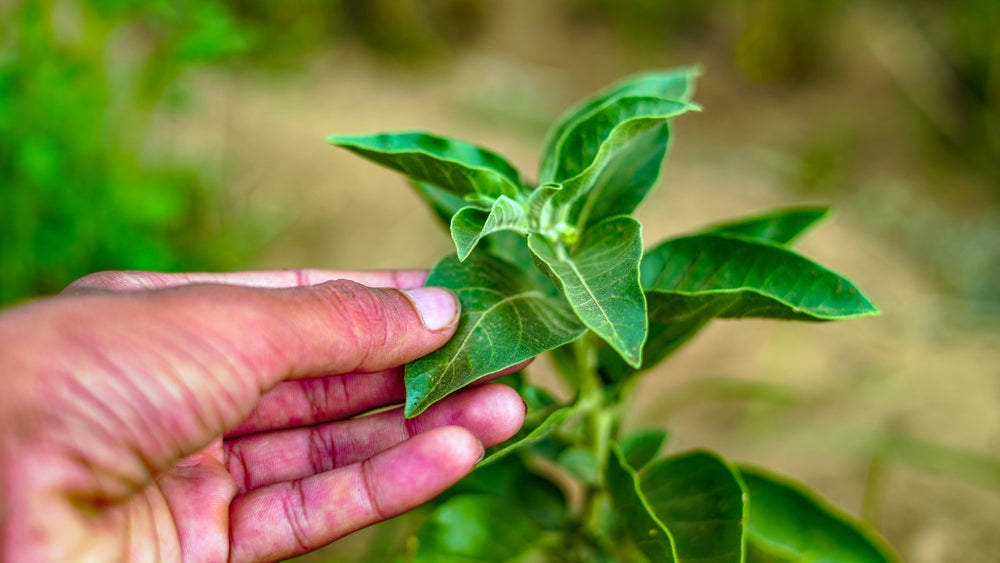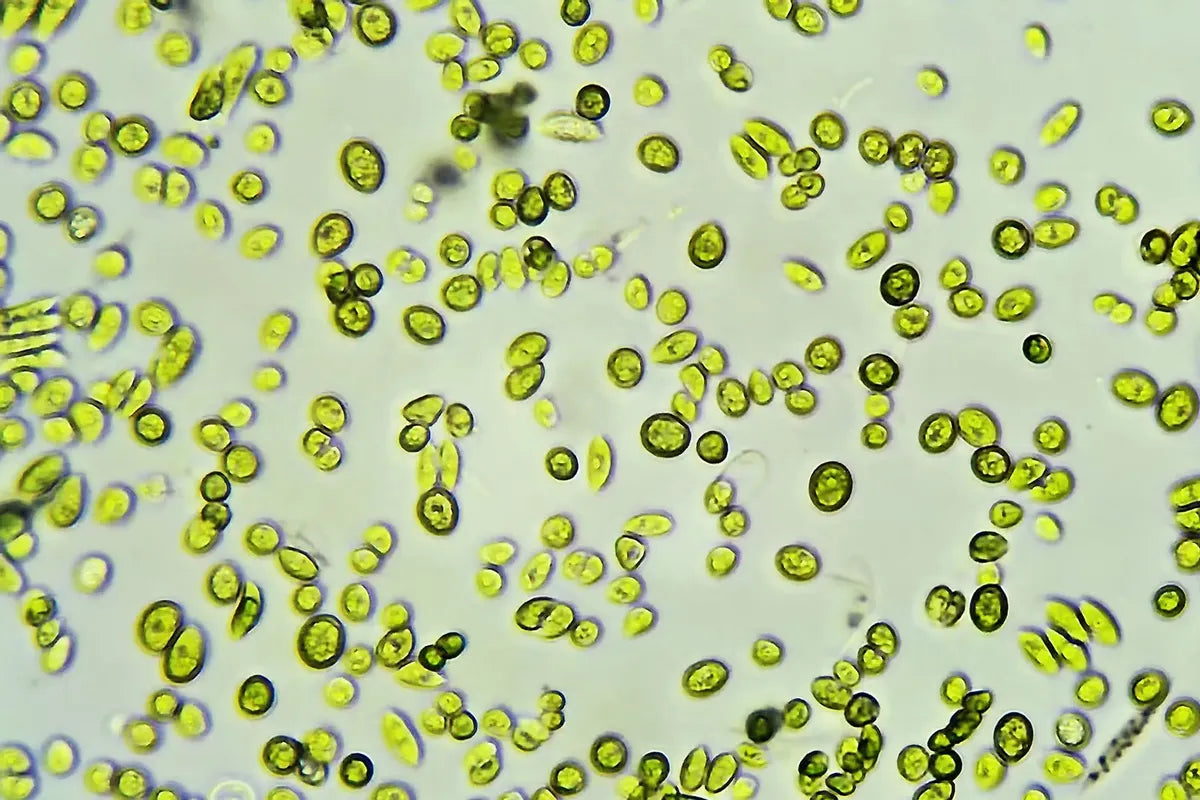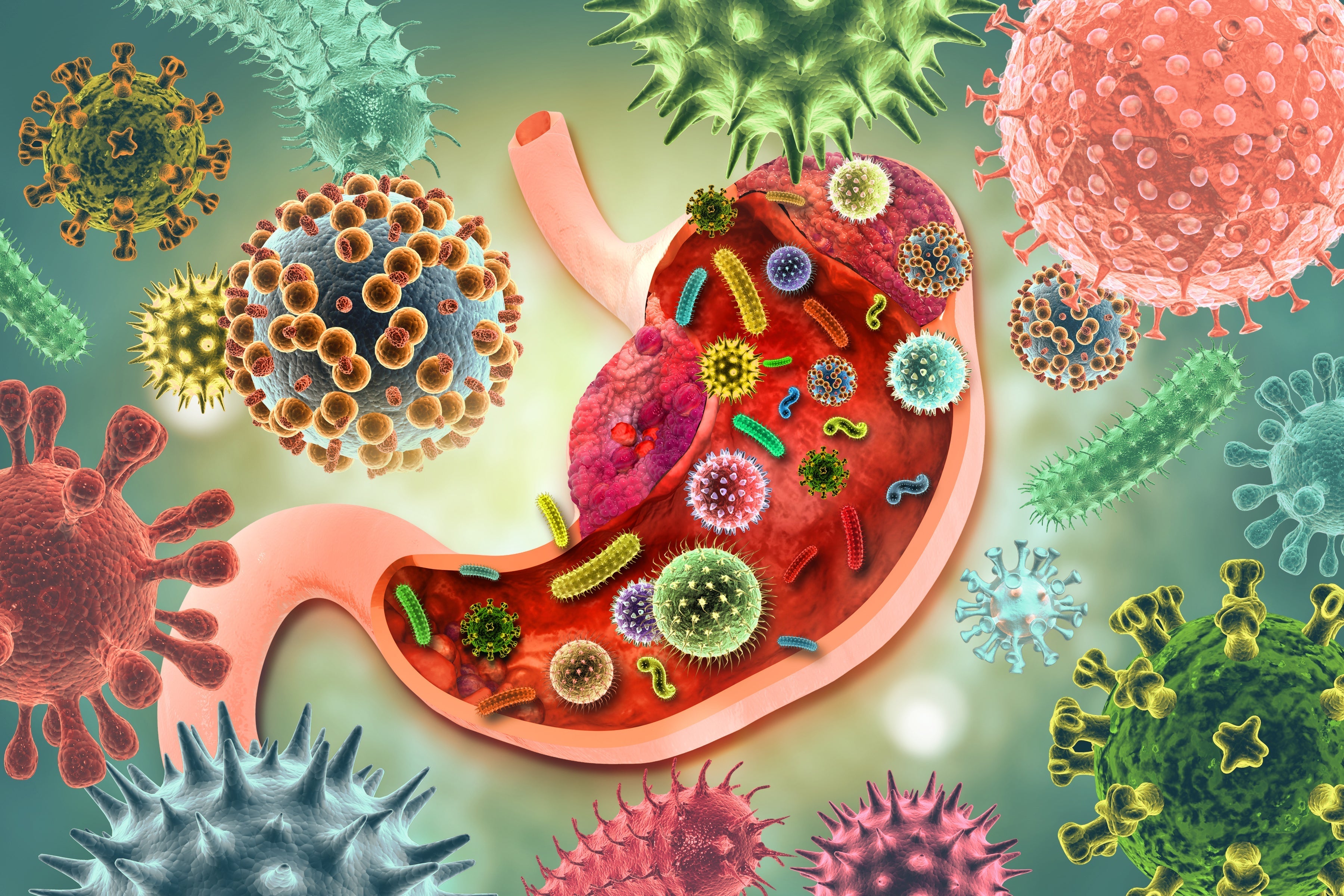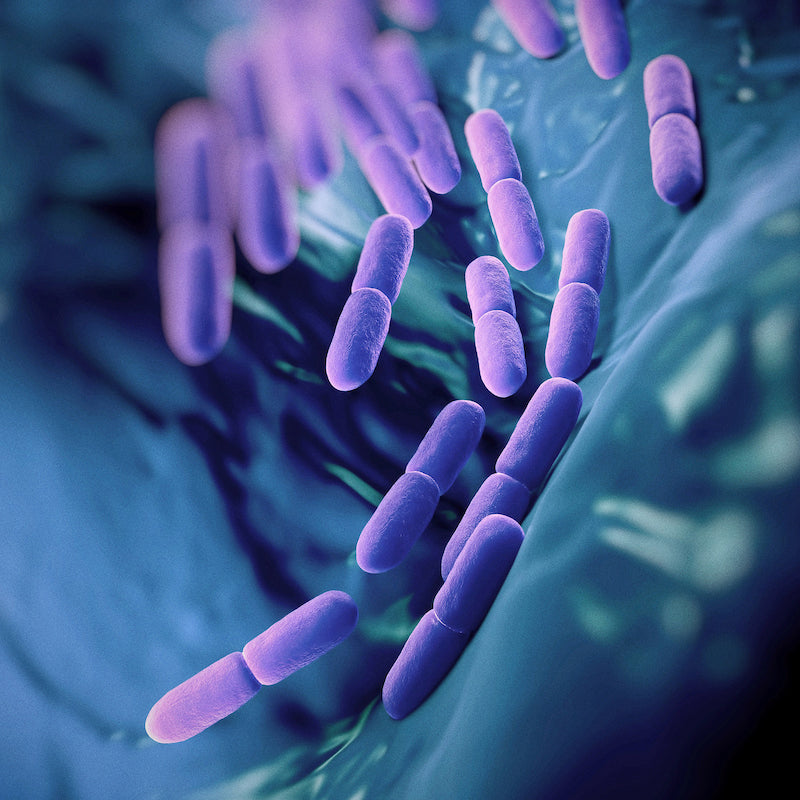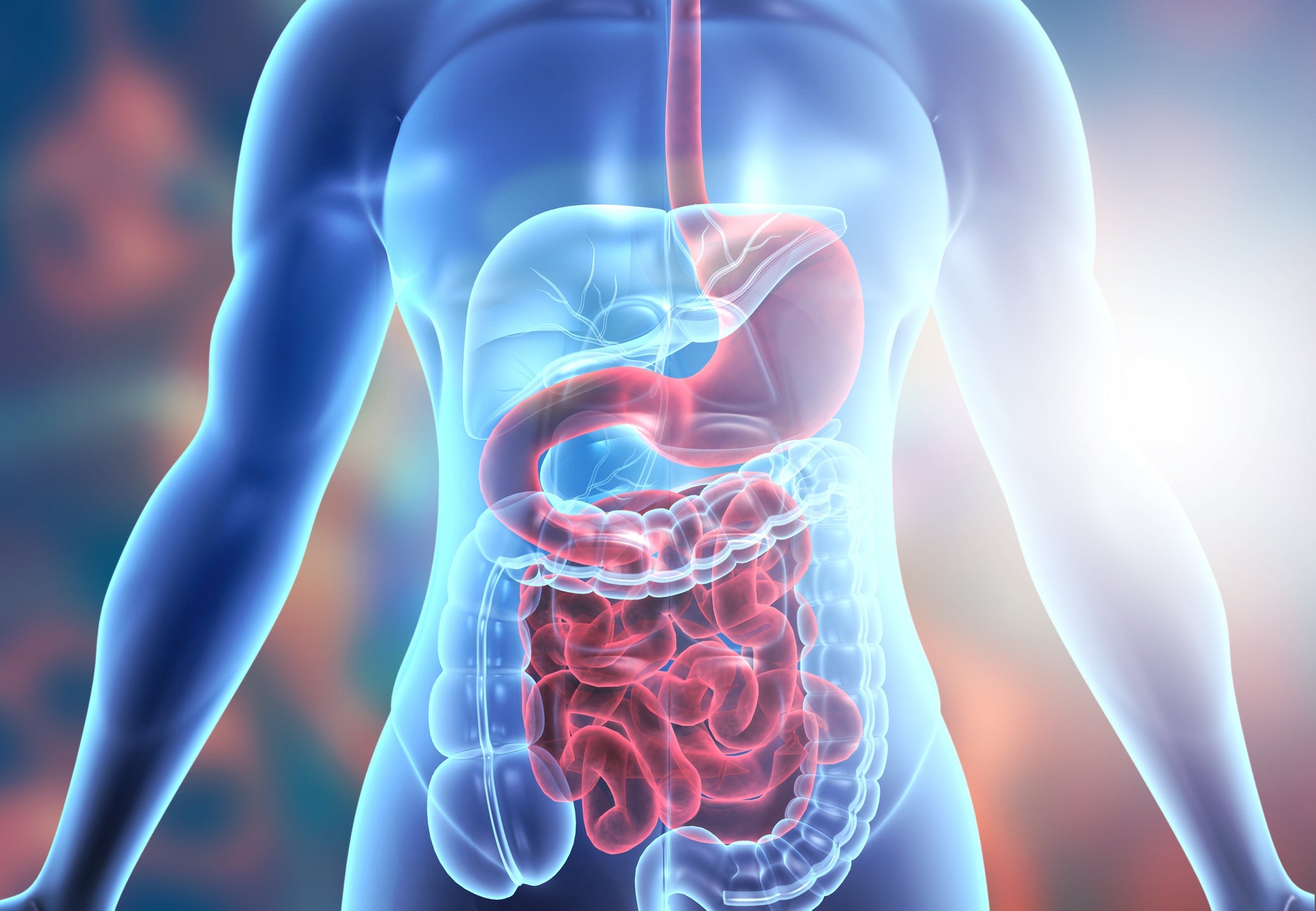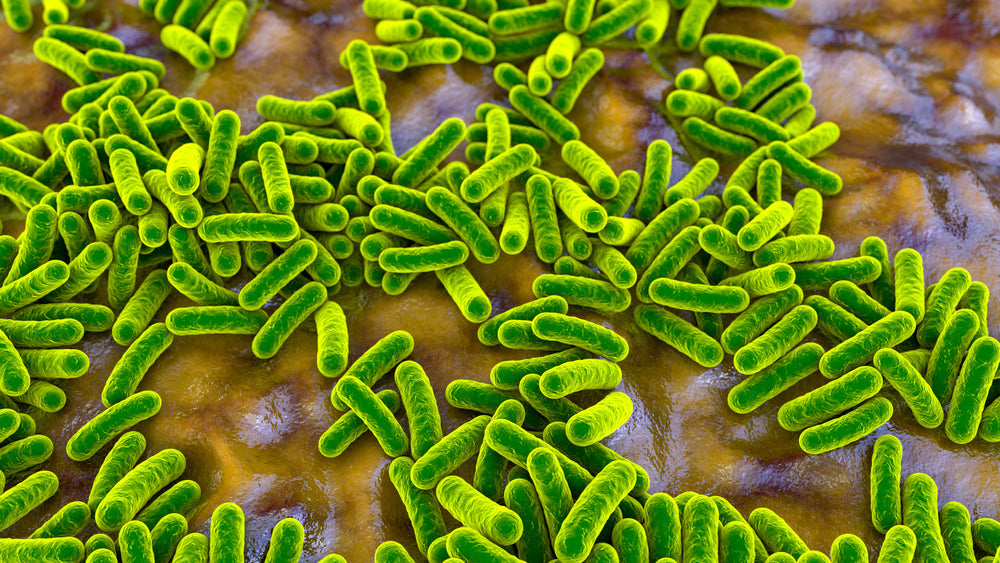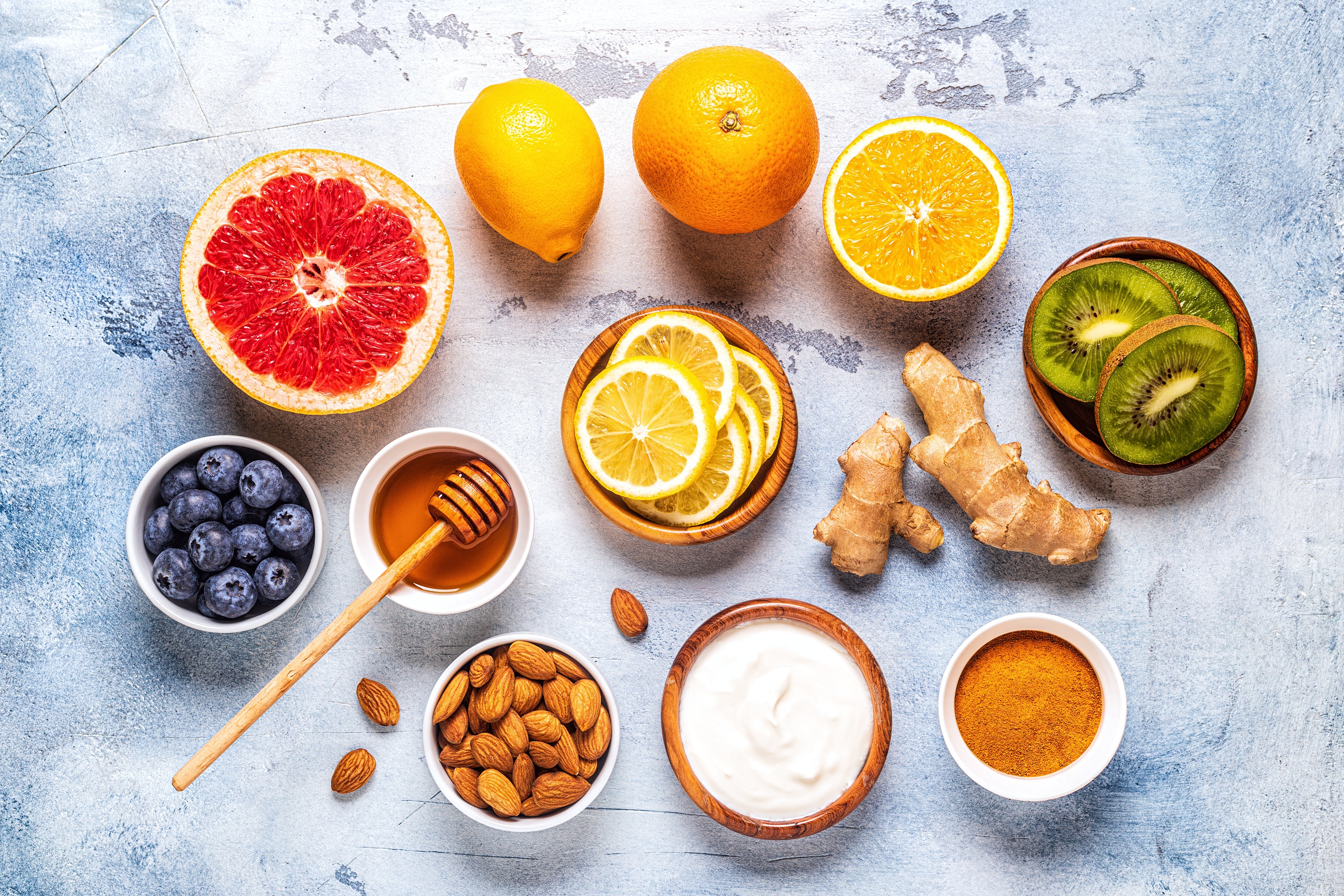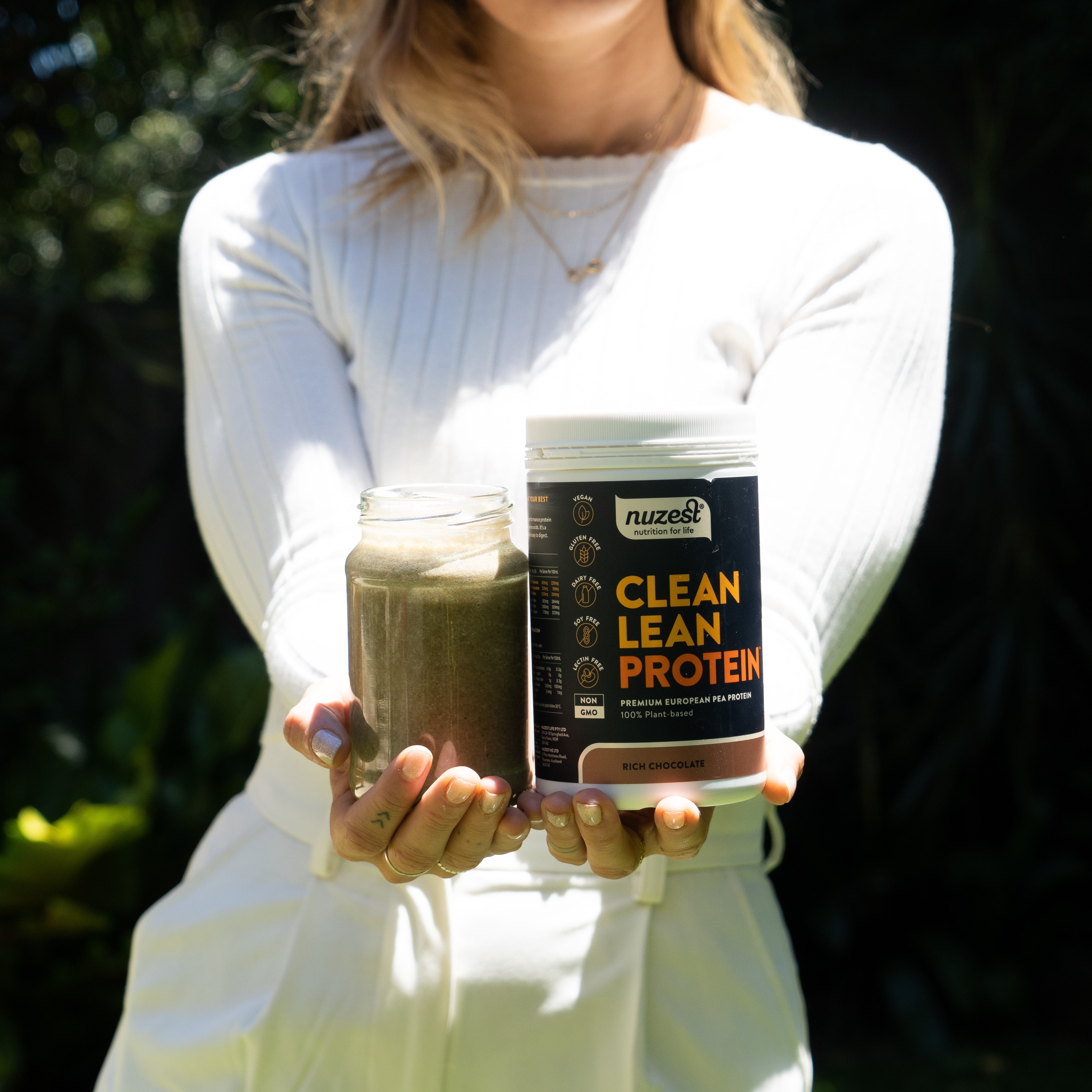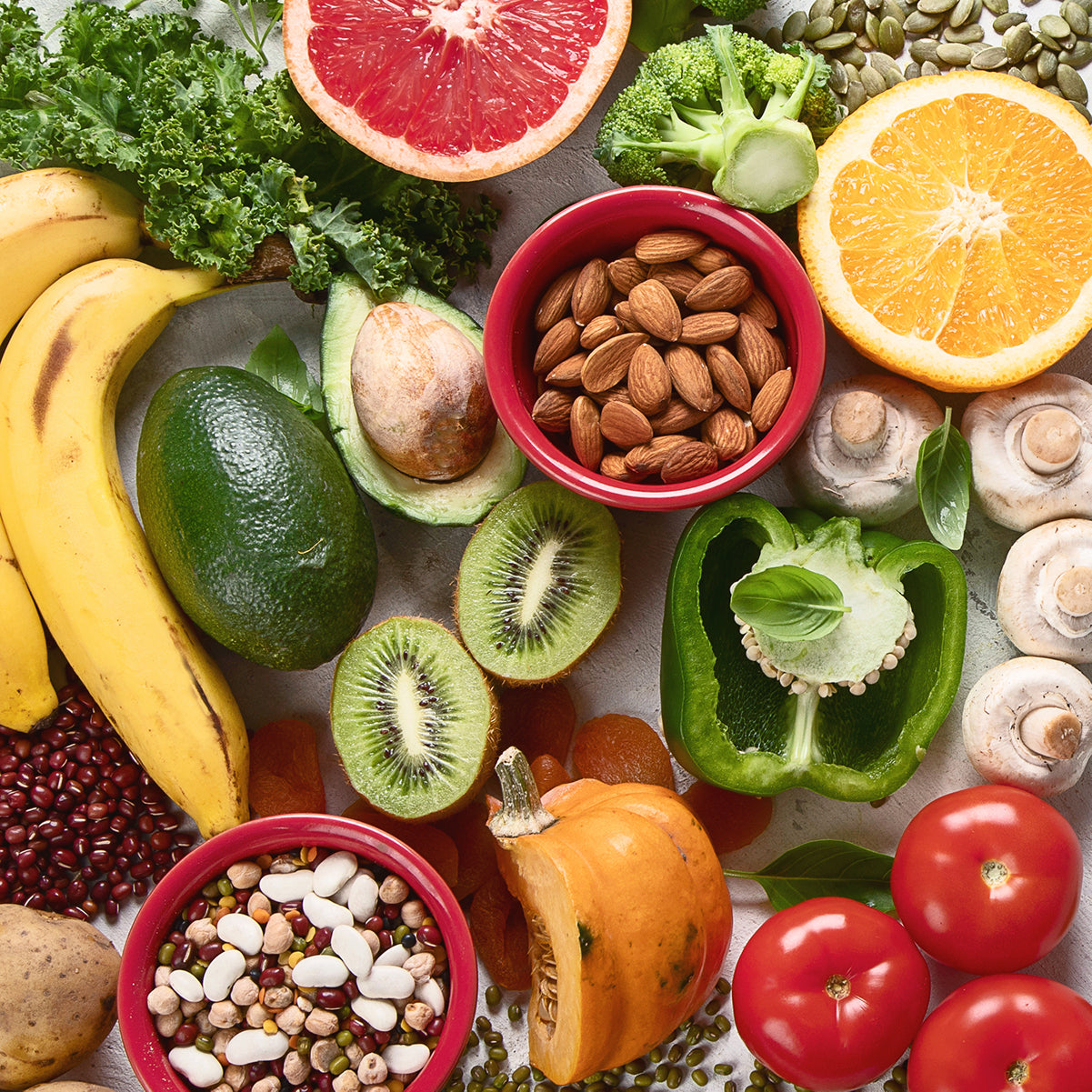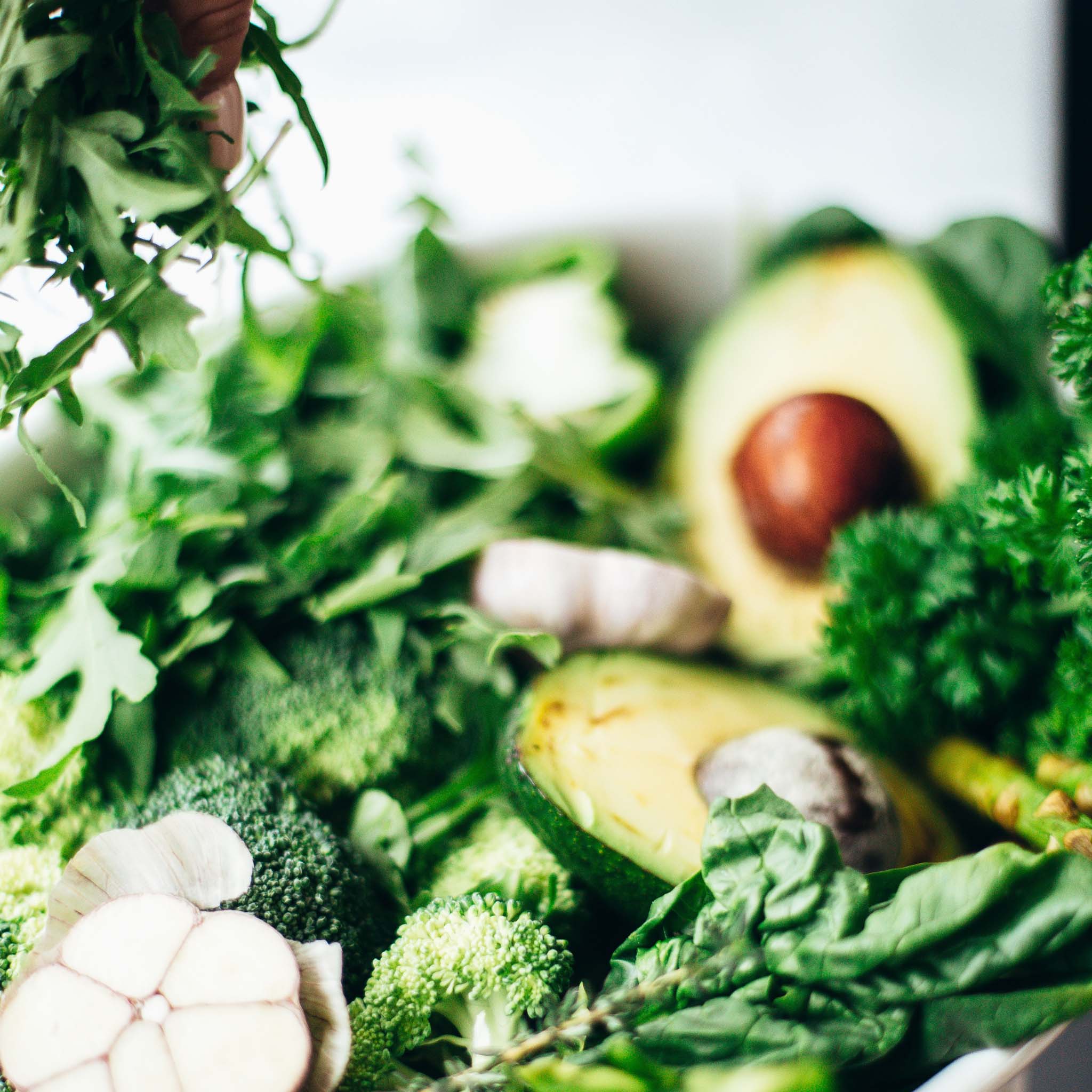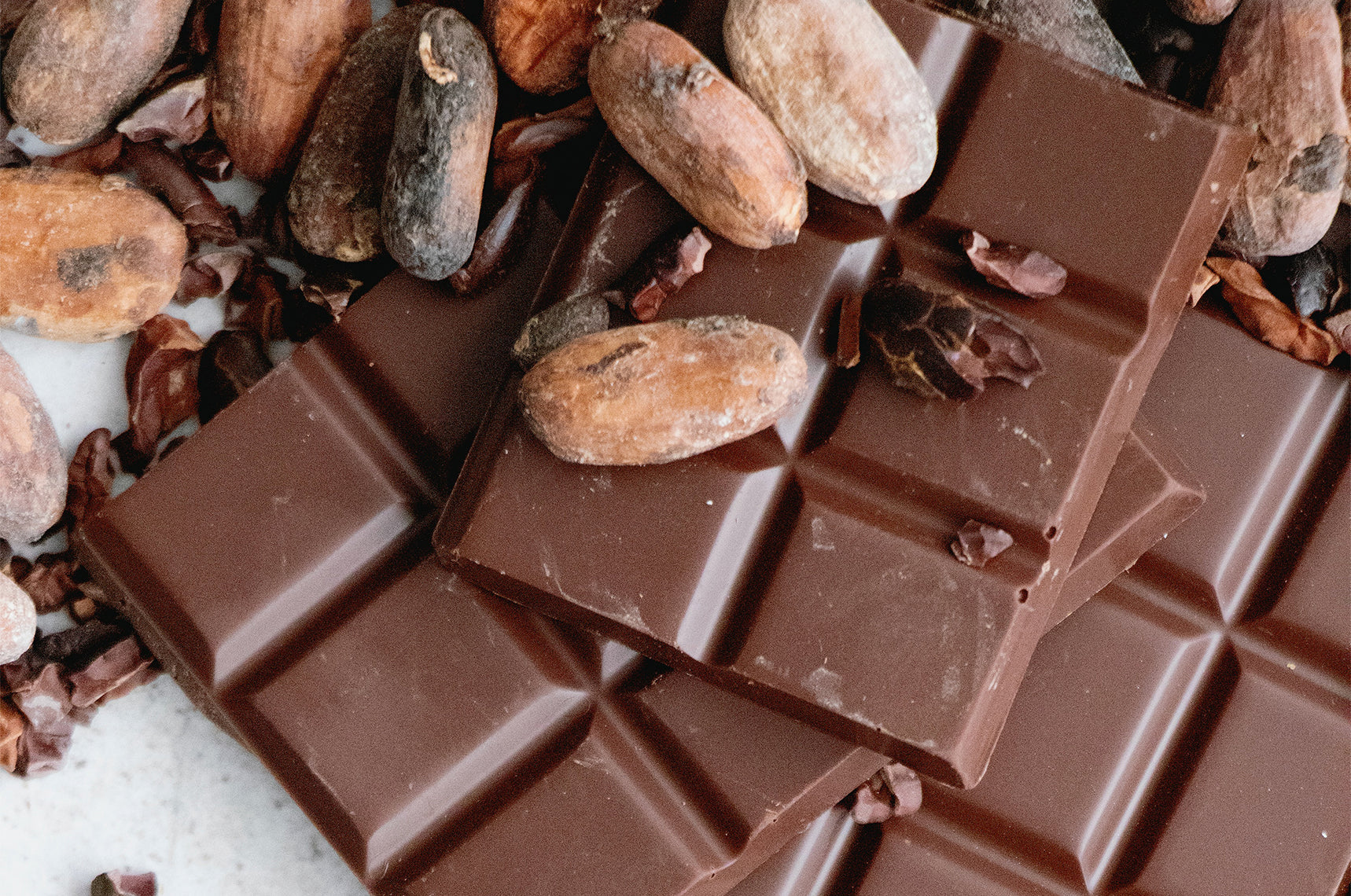TITLE: Kids Gut Health: The role of nutrition in the digestive health of children
AUTHOR: Emma Wiseman
They say your eyes are the windows to your soul.
Well I say your bowel movements are the window to your gut health.
I’m the type of mum who checks my children’s poo’s. The words ‘great poo sweetie’ often flow out of my mouth and in reply I hear a “thanks mum”. This is normal talk in my house. Sometimes I catch myself out and think what has my world come to? But the truth is, your bowel movements and bathroom habits offer great insight into your gut health and in turn, your overall health.
The American Academy of Pediatrics states that the first 1000 days of life (conception through to twenty four months of age) are of critical importance when it comes to child nutrition as this time marks a major developmental period in a child’s life1. There are a number of factors that can affect the health of a child’s gut during this time period:
How a child is born - vaginal or c-section birth2
- How a child is fed as a baby - breast fed or formula fed3
- The timing of solid introduction and type of foods eaten
- The frequency and quantity of medications (eg. antibiotics), specifically in the first two years of life4
- Genetic predispositions and environmental factors that may activate these genes to cause disease
There are also a number of things that can affect a child’s gut health during childhood.
- Food – highly processed foods (high saturated fat and sugar, low fibre) are thought to have a negative effect on gut health5
- Bacterial exposure – a diet that lacks diversity is thought to have a negative effect on gut health.
I see a lot of children in my clinic with bowel inconsistencies and signs that their digestion isn’t working at an optimal level from a very young age. Below are some signs that your child may be having digestive issues:
- They are passing stools less frequently than usual (or less than once per day)
- Stools are hard to pass, or the child is experiencing pain or discomfort whilst going to the bathroom
- They have loose, non-formed stools
- Experiencing excessive gas, or complaining of stomach-aches
- The child is getting sick frequently - compromised immune system
- Low energy and mood
To ensure you are getting the correct information about your kids gut health, the best and first step should always be to speak to your professional healthcare provider.
And while we can’t go back to the first 1,000 days to change anything, there are a number of ways we can help improve the gut health of our children, even when they’re older. Such things include:
- Diet
Offer children a wide variety of fruits and vegetables as part of their normal diet. This exposes their guts to a diverse range of bacteria, which in turn helps to strengthen their digestive health6. If you have a picky eater or are looking for tips to incorporate more fruits and vegetables check out our recent interview with Nutritionist Casey Lee Chambers for some practical tips!
- Stop over sanitising
Allow your kids to get dirty, play dirty and expose them to more natural surroundings. This will help build the immune system, which develops with our gut microbiome.
- Talk to your children
Sometimes what appears to be gut problems, aren’t gut problems at all. And for kids who are not quite able to put how they feel into words, sometimes tummy troubles are the physical manifestation of an underlying psychological problem. Stress is one of the biggest contributors to tummy troubles, so try talking to you child to see if there might be something else to consider.
- Consider a nutritional supplement
Reaching a child’s recommended daily intake of nutrients can be tough, especially if you have a picky eater. Offering your children a product such as Nuzest Kids Good Stuff can act as a buffer to ensure nutrient dense ingredients are being consumed. Nuzest Kids Good Stuff also includes fibre, enzymes and pre- and probiotic ingredients, which all work together to support good gut health. This delicious gut-loving Wild Berry Breakfast Smoothie is a hit with my kids…the cup is empty every time it does the rounds in my house without fail!
References
- Schwarzenberg S, Georgieff M. Advocacy for Improving Nutrition in the First 1000 Days to Support Childhood Development and Adult Health. AAP. 2018;141:2
- Stokholm J, Thorsen J, Chawes B et al. Cesarean section changes neonatal gut coloization. J Allergy Clin Immunol 2016;138;881-889
- Guaraldi F, Salvatori G. Effect of breast and formula feeding on gut microbiota shaping in newborns. Font Cell Infect Microbiol 2012;14
- Gibson M, Crofts T, Dantas G. Antibiotics and the developing infant gut microbiota and resistome. Curr Opin Microbiol 2015;27;51-56
- Dawson S, Dash S, Jacka F. The Importance of Diet and Gut Health to the Treatment and Prevention of Mental Disorders. Int Rev of Neurobio 2016;131;325-346
- Li F, Hullar M, Schwarz Y et al. Human Gut Bacteria Communities are Altered by Addition of Cruciferous Vegetables to a Controlled Fruit – and Vegetable – Free Diet. J. Nutr. 2009;139;1685-1691




